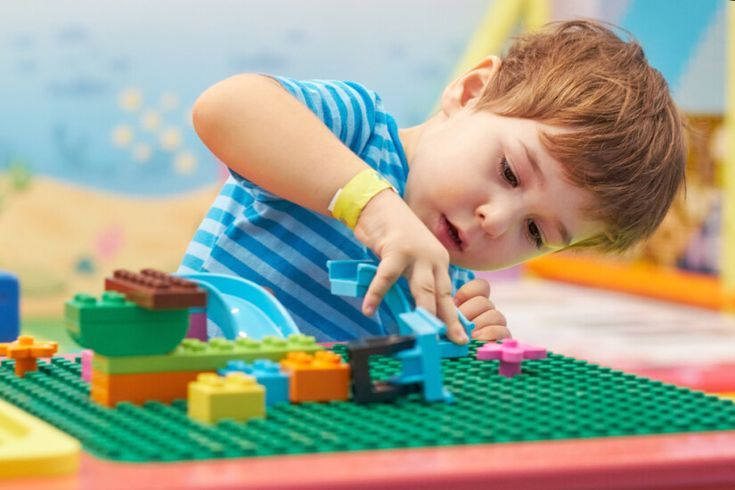Interactive play is more than entertainment — it’s a critical tool for cognitive, emotional, and social development. Psychological research shows that children learn best when engaged actively, rather than passively observing. Smart toys and interactive systems leverage this principle, creating environments that encourage hands-on exploration and problem-solving.
1. Learning Through Action
Jean Piaget, a pioneer in child psychology, emphasized the importance of active learning. Children construct knowledge through direct experience — touching, manipulating, and experimenting with objects. Interactive toys take this to the next level: AI feedback, responsive environments, and gamified challenges transform traditional play into dynamic learning experiences.
For example, a robot that reacts to a child’s commands or a coding kit that adjusts difficulty levels teaches cause and effect, planning, and iteration. This active engagement strengthens neural pathways and builds executive function skills.
2. Motivation and Engagement
Interactive play taps into intrinsic motivation by making learning enjoyable. Gamified challenges, rewards, and immediate feedback keep children engaged longer than static activities. This engagement not only supports knowledge retention but also encourages perseverance and curiosity — qualities essential for lifelong learning.
3. Social Learning Through Interaction
Many interactive toys incorporate multiplayer or cooperative features, fostering social development. Children learn teamwork, negotiation, and empathy as they collaborate to achieve goals or solve problems. For instance, AR-based adventure games encourage group problem-solving and communication while maintaining a fun, playful atmosphere.
4. Emotional Benefits
Interactive toys also provide emotional benefits. Children experience success and failure in safe, controlled environments, learning resilience and self-regulation. Toys that simulate emotional scenarios help children recognize feelings in themselves and others, promoting emotional intelligence from an early age.
5. Conclusion
The psychology of interactive play underscores why “learning by doing” is more effective than passive observation. Smart toys are not just gadgets — they are tools for holistic development, supporting cognitive, emotional, and social growth in ways traditional play cannot replicate.

